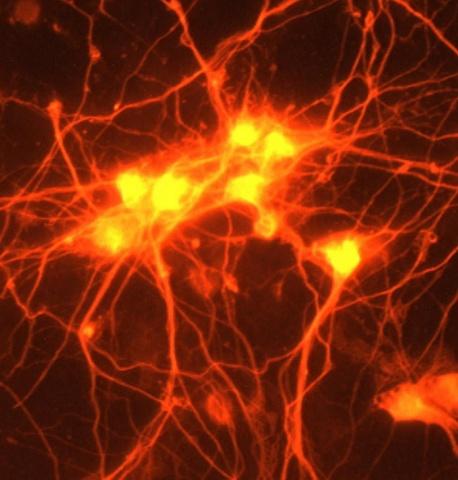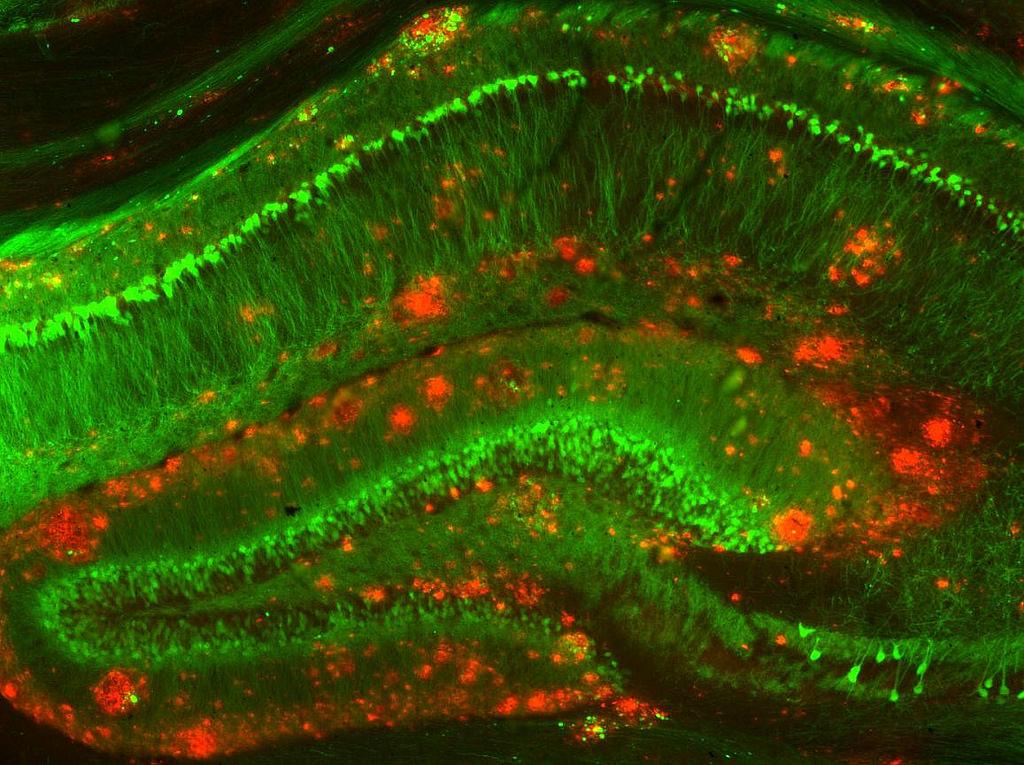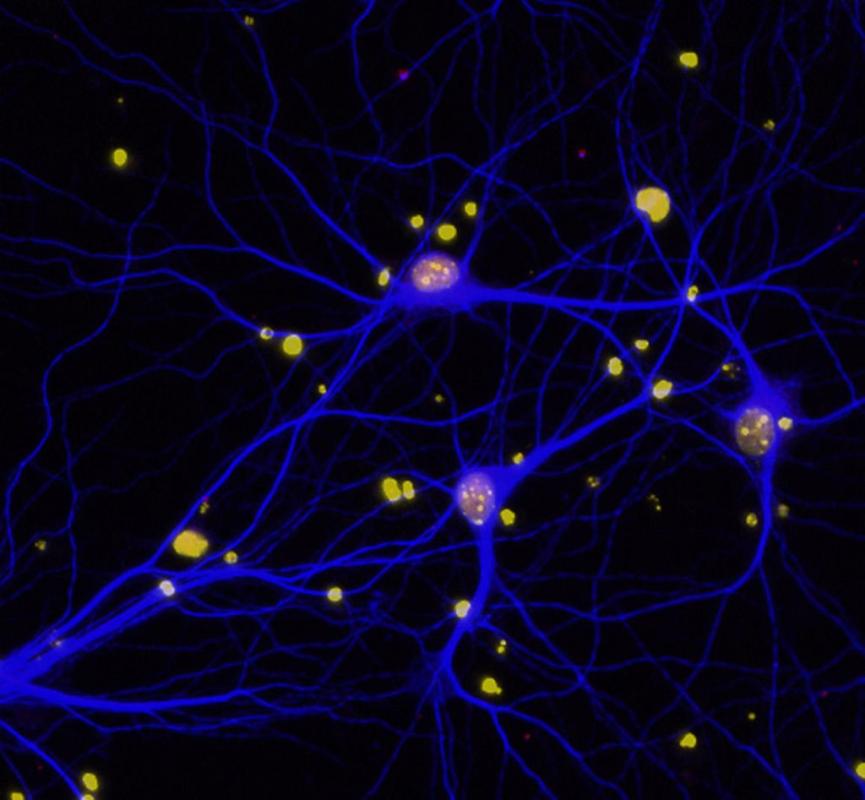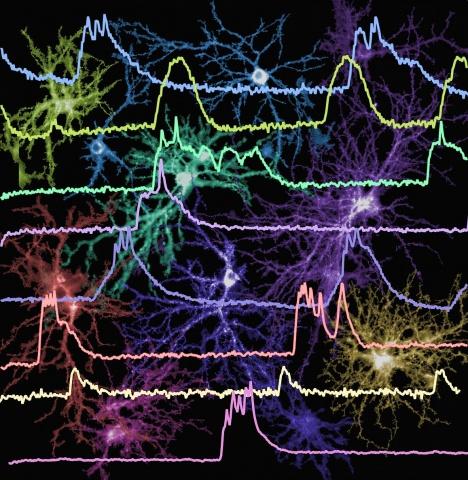Duke Neurology Research Round Up, December 2021
Members of the Duke Neurology Department contributed to 14 new peer-reviewed journal articles written this November. Highlights include an analysis of fragmentation within the delivery of neurological health care, an examination of racial disparities in the use of telehealth, and a discussion of the best ways to use social medicine to share news on epilepsy and clinical neurophysiology. Read the paragraphs below for short summaries of each of these 14 articles, as well as links to the original entries themselves.
Memory Disorders
Duke Neurology Research Round Up, October 2021
New research from the Duke Neurology Department provided insights into our ability to improve patient care and better understand neurological conditions. The 11 studies featuring our faculty, staff, and trainees published this September include the discovery of an HIV medication’s surprising potential to treat dystonia, an analysis of brain tumor patients admitted to intensive care, and a personal story of one faculty member’s grandfather, who lived through the ups and downs of a century of health care in the United States.
Duke/UNC awarded grant to establish joint Alzheimer’s Disease Research Center
Duke University and the University of North Carolina at Chapel Hill have been awarded funds from the National Institutes of Health to establish a prestigious Alzheimer’s Disease Research Center (ADRC), part of a federally-funded national network of similar centers.
Duke Neurology Research Round Up, September 2021
Members of the Duke Neurology Department contributed to seventeen peer-reviewed research studies published this August. Members of the lab of Nicole Calakos, MD, PhD, discovered that a medication created to treat patients with HIV may help people with dystonia. New translational research provided the most accurate atlas of the mouse model to date and answered questions about late-onset Alzheimer’s disease.
$2.5 million bequest advances Alzheimer’s disease research, offers families hope
Jeanne Caldwell didn’t have Alzheimer’s disease, yet she knew firsthand the devastation it can cause. For 11 years she cared for her mother who had the disease. After her mother’s death in 2015, Caldwell was determined to do what she could to make sure other families did not have to endure the hardships of caring for a loved one with Alzheimer’s.
Joint Duke/UNC Alzheimer’s disease symposium highlights potential role of microbes and inflammation in Alzheimer’s disease
Over 800 scientists from across the United States and overseas convened virtually for a joint Duke/UNC Alzheimer’s Disease Symposium examining how microbes and inflammation influence Alzheimer’s disease. The full-day event, held on May 27, shed light on the critical role that microbes and inflammation may play in how this disease develops and progresses.
Koltai, Somarelli receive inaugural Bass Connections Leadership Award
Deborah Koltai, PhD, (Associate Professor in Psychiatry & Behavioral Sciences and Neurology, School of Medicine) and Jason Somarelli, PhD (Assistant Professor in Medicine, School of Medicine) are the winners of the 2021 Bass Connections Leadership Award.
Duke Neurology Research Round Up, April 2021
Members of the Duke Neurology Department contributed to 21 new studies in peer-reviewed journals this March, advancing our ability to understand, treat, and prevent diseases and conditions from across the field of neurology. Brian Mac Grory, MB BCh, MRCP, and other members of our stroke and vascular neurology helped answer questions about the best way to treat patients who have a stroke in their sleep.
Duke Neurology Research Round Up, January 2021
The final month of 2020 saw fifteen new publications written or co-written by members of the Duke Department of Neurology. Sneha Mantri, MD, MS, was a lead author of a new study examining factors contributing to burnout and moral injury among health-care workers at Duke. Our Neuromuscular Disease faculty wrote multiple studies advancing our understanding of myasthenia gravis, including how the COVID-19 pandemic is affecting people with this condition. Other articles answered questions about stroke, Parkinson’s, and other diseases.
Duke Neurology Research Round Up, December 2020
This November, research from members of the Duke Department of Neurology examined how different types of seizures feel to the person experiencing them, discovered genes associated with longevity and health cognition, analyzed how the COVID-19 outbreak impacted stroke care, and more. Our faculty, trainees, and staff contributed to 15 studies published in the past 30 days. Read about each of them, and find links to the original articles below.
Multiple Sclerosis and Neuroimmunology







